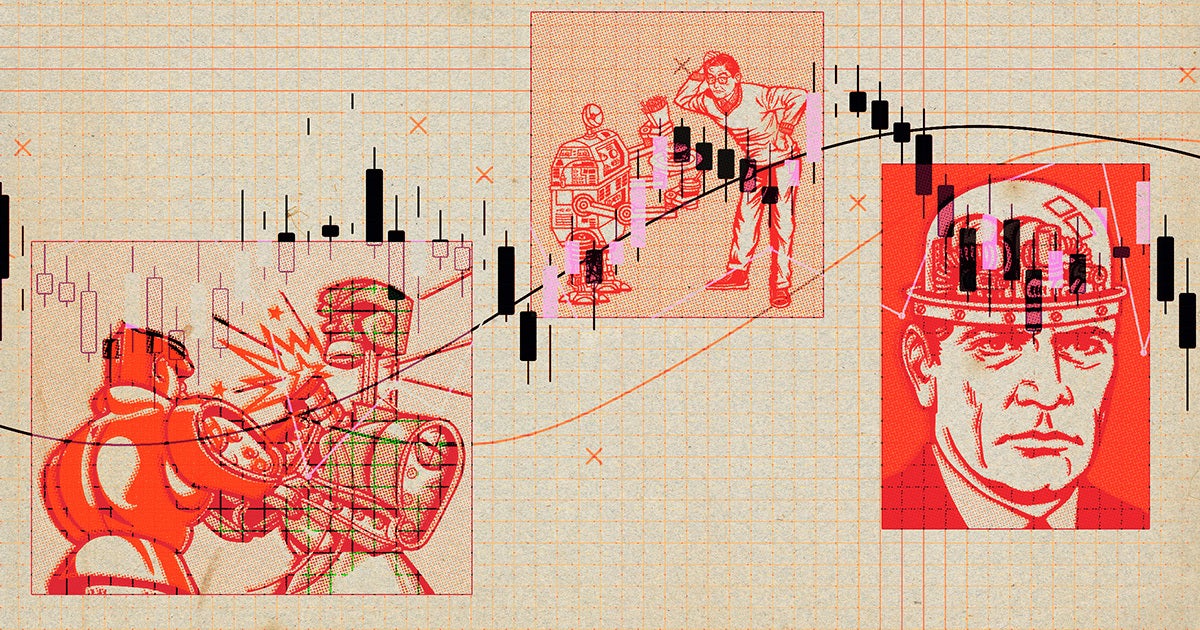AI Gold Rush: Tech Giants' Massive Investments Spark Potential Catastrophe

The tech giants' AI gold rush might be hitting a rough patch. Despite massive investments in artificial intelligence, the seven largest technology companies are discovering that their ambitious spending isn't translating into the expected returns.
What seemed like an unstoppable technological revolution is now showing signs of potential strain. These industry leaders, who have poured billions into AI development and infrastructure, are finding that the path to AI dominance is more complex and challenging than initially anticipated.
The current landscape reveals a sobering reality: astronomical AI investments are not automatically guaranteeing proportional business growth or breakthrough innovations. Companies are now carefully reassessing their strategies, weighing the enormous costs against uncertain outcomes.
This potential slowdown signals a critical moment in the tech industry's AI journey. While the technology remains promising, the immediate returns are proving less spectacular than the initial hype suggested. Investors and industry analysts are watching closely, wondering whether this represents a temporary setback or a more fundamental shift in the AI development trajectory.
As these tech titans recalibrate their approaches, the coming months will be crucial in determining whether their AI strategies will deliver the transformative potential they've been promising or if they'll need to reimagine their technological roadmaps.

